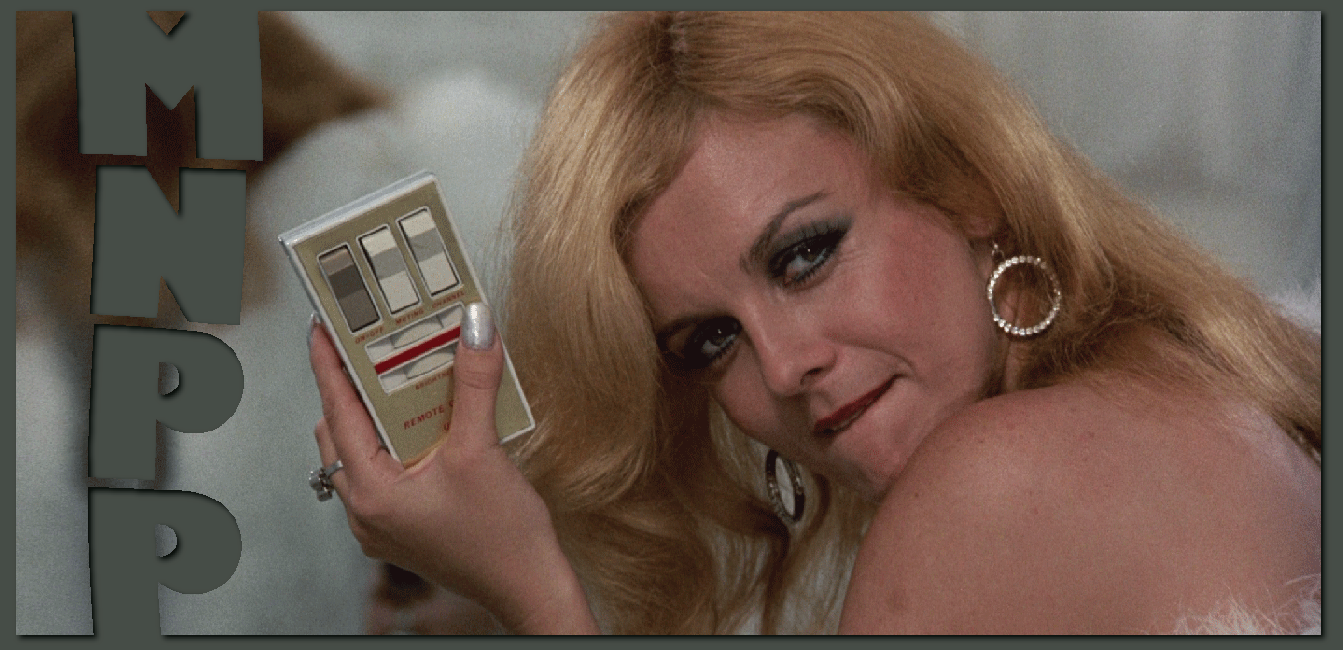 You'd think I'd have more to say about a movie I've been ranting over even existing for months now, but now that I put my money where my yap was and went and saw it... it wasn't that bad, y'all. In fact, I probably wouldn't even say that it was bad. I do think it misses the mark on some of the cultural commentary on time and place that the Swedish film (my review) and (especially) the book nailed. I felt as if I could've walked through the screen into Alfredson's world and known my way around, but Reeves never quite gets there with that deep sense of place. And the CG'd Abby scampering around is as lousy as any CG cats in the original film, so where you'd think a bigger budget American film would improve isn't even any better.
You'd think I'd have more to say about a movie I've been ranting over even existing for months now, but now that I put my money where my yap was and went and saw it... it wasn't that bad, y'all. In fact, I probably wouldn't even say that it was bad. I do think it misses the mark on some of the cultural commentary on time and place that the Swedish film (my review) and (especially) the book nailed. I felt as if I could've walked through the screen into Alfredson's world and known my way around, but Reeves never quite gets there with that deep sense of place. And the CG'd Abby scampering around is as lousy as any CG cats in the original film, so where you'd think a bigger budget American film would improve isn't even any better.Still, tonally Reeves film is appealing - there's a genuinely sweet sadness that envelopes these kids, and he doesn't shy away from the quiet or from some of the disturbing implications in their relationship that I thought he might. (I might even say he strengthens them in a couple of places...!? Maybe.) Compared to the pointless clanging rubbish that Hollywood normally churns out and calls horror, the fact that a movie this (mostly) subdued and character-focused did get made is welcome.
 And Kodi Smit-McPhee is very good as Owen, and (deep breath) Chloe Moretz dials it way back and in the process didn't get on my nerves, much. That vague statement of non-enthusiasm is like lung-busting love-screams in comparison to my usual feelings about her performances, so take that to heart, girl.
And Kodi Smit-McPhee is very good as Owen, and (deep breath) Chloe Moretz dials it way back and in the process didn't get on my nerves, much. That vague statement of non-enthusiasm is like lung-busting love-screams in comparison to my usual feelings about her performances, so take that to heart, girl.In summation, when I think of this world it'll still be Hedebrant and Leandersson that I see, but when reminded of the remake I won't retch. Mission moderately accomplished!
.




































1 comment:
A reviewer in the Toledo (OH) BLADE
leads his column by focusing on the bullies in the film, who get their good comeuppance. He emphasizes that these "monster's as he rightly names them are in every school. I commented on his take being apt in a week when 4 (or 5) kids killed themsselve after being tormented by young fiends who knew or thought the victims were gay. Real life victims can't count on vampires to rescue them. It looks as though they can't count on enough adults, either, as teachers or administrators or in any authority position, to help much either. I hope more reviewers make the connection and use this as a springboard to comment on how film fiction both shows the reality of lives and fails to reflect what happens among the audience. Here's an opp to "Push the Agenda"...
Post a Comment